#58 Claire Frances - Rabbit Hole
Claire Frances is a singer-songwriter from London, whose Swiss, Irish and English routes have a significant influence on her pure and beautiful sound. Her new single Rabbit Hole is completely enchanting; it has already been played on BBC Introducing and was very well received at its premiere at The Bedford in Balham.
The lyrics were motivated by a subject prominent in today’s society. Having witnessed a friend experiencing an abusive relationship this is a story that is close to Claire's heart and is captured by her acoustic dream-folk sound. As it contains such a significant message, Rabbit Hole will be used to fundraise for Women’s Aid, a charity supporting women and children through relationships of this nature.
I caught up with Claire on the day of release to chat about her interesting background, what she’s been up to during the pandemic and about Rabbit Hole itself:
Claire, I know you have a mixture of Swiss, Irish and English roots, can you tell me a little bit more about that? Where did you grow up?
I was born in the UK just outside of London. My dad is Irish and my mum’s English, so I was raised with mixed musical heritage. Dad listens to the most music in the family, and so my earlier influences were from him – traditional Irish Folk but also bands like The Corrs.
I moved to Switzerland when I was 9, and I lived there for 10 years. I grew up there, and so Switzerland heavily influenced who I am and how I experience culture. I didn’t speak German so there was a culture and language shock when we moved! I had to learn that really quickly, but I feel really privileged to have experienced that.
It meant I grew up with a lot of different people, but when I came back to the UK for University at 18, I obviously didn’t understand some of the cultural references and British slang! In Switzerland the people who are mother-tongue English are often American/Canadian, so I experienced a lot of American Culture. Specifically, American Country Music which overlaps with Irish Folk in terms of its storytelling, style and instruments that it uses.
Now I’m back in the UK, I lived in Southampton and was there for 4 years but now I live in London.
I only recently started writing songs on the piano and I started playing guitar when I was about 14/15. I really wanted to play another instrument, and also wanted something that I could sing and compose music on as well! I also play the tin whistle, obviously I don’t perform with it very often because it’s not a solo instrument … you can’t sing at the same time! I also like to dabble with other instruments on the side, I played my mum's clarinet.
There’s a lot of talk on how lockdown impacts people’s creativity and encourages them to be innovative, how has this period affected you?
This is a really interesting question! I’ve been in quite a few different phases during lockdown. I started by thinking ‘OK, well you can try and use lockdown as a source of creativity’, so I wrote songs based on that. I was separated from my partner for about 5 months, so I wrote about that. But I also found it interesting, and a really easy way to collaborate with people.
Because people could no longer meet up in person, they were more open to meeting other artists, songwriters and DJ’s and collaborating online. I wrote a song with an Indian artist and DJ during lockdown – stuff like that where it’s just so global and so broad. Lockdown has enabled that, which has been really nice from a creative standpoint because I’ve been able to work on lots of different things that I didn’t previously have as easy an access to, weirdly, despite being in London.
That aspect has been really nice to be honest, and how motivated people have been to try and find new outlets for creativity, and finding how they fit in with that.
What was the inspiration behind your enchanting new single Rabbit Hole?
So, I recently journaled about this – I had so many thoughts and attachments to this song I just needed to get them all out on paper. I originally wrote it because someone very close to me had just come out of a relationship, they were crashing on my sofa and I was there to witness them processing the end of this relationship. It was the first time they had spoken quite openly about it to me, and I realised very quickly that the way it had appeared on the outside was quite a fun quirky hyper-compatible relationship. Under the surface the person they’d broken up with was struggling a lot with their own mental health and that was negatively impacting the person close to me. They, as a result, weren’t allowed to suffer because their suffering wasn’t as great as their partners. That’s damaging in a long-term relationship because you’re constantly being used as the crutch; but you’re not strong enough to be the crutch and also shouldn’t have to be.
That was sort of the initial inspiration watching them process and also except all those emotions. You’re simultaneously aloud to be sad and upset and morn for the loss of the love of that person whilst also feeling the anger and bitterness at the break-up and the negative parts of the relationship. So, that was a really interesting thing to kind of observe – and it sort of highlighted things that had happened in my past relationships that I’d never really recognised for what they were at the time. Seeing someone else go through it, I was sort of like… oh no I have experienced this, I just didn’t admit it to myself at the time.
So, it was quite therapeutic writing the song at the time even though it was about someone else. Since then it’s taken on a lot of meaning to me in terms of dealing with different forms of emotional and domestic abuse in relationships that can often really bubble under the surface; no one else can be aware of what’s really going on, on a day to day kind of level.
Speaking of inspiration, who would you say are your musical influences?
Definitely people like Gabrielle Aplin and Luke Sital-Singh who are wonderful song writers in their own right. They also choose to go against the grain, in terms of how the music industry works, and are independent, releasing the music they want to and not the music they are being told they should make. They aren’t afraid to re-invent themselves as well.
I’m a big fan of songwriters in general, like Tom Odell who really famously says that he wrote songs for ages and then realised no one was going to sing them and said – ‘well I’m not a great singer, but I’m going to sing them’. He adds so much character to his own songs because of how he sounds! When I was growing up, I was heavily influenced by people like Dire Straits, The Corrs … and obviously Taylor Swift – who isn’t?
I know one of the things you love about music is collaboration with other artists, what other projects have you been working on recently?
I’ve actually experienced a really broad range of music during lockdown, it’s been really interesting. I’ve worked with DJ’s as a top-liner songwriter and I’ve recently been working with a brilliant guitarist who comes from a metal background. We’ve been writing more rap, spoken word, R&B side of things; taking that initial track and writing lyrics and songs that go over it, then working on the production via lots of different channels. I’ve also co-written with some country independent singer-songwriters as well.
My parents live near Peter Hughes, who used to own Trident Studio’s where The Beatles recorded Hey Jude. He’s a really great musician and also produces, so we’ve been co-writing songs where he has ideas for tracks, I write the lyrics and vocals and have some kind of melodic influence. One will be uploaded to BBC introducing – it’s been really fun, I’m excited to release them although I don’t know if I’ll record them myself or see if we can get other artists to record them.
Finally, I’ve heard you love all things horticulture, can you tell me a bit more about that? Do you think this ever overlaps to music and gives an inspiration for song-writing?
For me planting is so therapeutic and centring to be brought down to the pace of a plant growing. I grow quite a lot of succulents, where I will propagate them from single leaves, and that plant takes 2 years to grow into anything you’d want to buy off a shelf. It’s so exciting to see those initial signs of growth and have to nurture them, be attentive and all the environmental considerations that come with that. So that’s why I do it, I find it really calming, especially in London to have that space in time where you’re just breathing fresh air and trying to keep something else alive.
In terms of how it ties into my music, nature in general heavily inspires me. You’ll find metaphors in my past tracks; one is called Sea Of Stars and is all about being on a beach, freedom and the size of the world. Another is called Lonely Sky which is a love song about a cloud. That kind of beauty, majesty, changeability and nature often crops up in my songs and lyrics. In Rabbit Hole using that fantasy of Alice in Wonderland, falling down the rabbit hole and all of the images that conjures up, like the wild forest and the sense of being lost. It’s really helpful to process emotions that you can’t visualise, so you need something else and I find nature is one of the best ways to do that.
Rabbit Hole is out now and can be found on streaming services including Apple Music, Spotify, Youtube, Deezer, Google Play, Amazon Music, Tidal and Napster. Listen now to be taken on a captivating journey through Wonderland!

